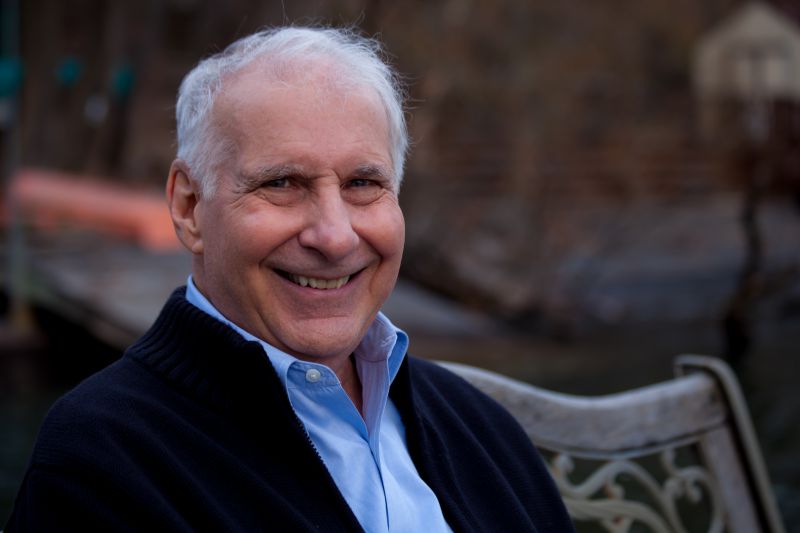The need to ban electroconvulsive therapy
- May 18, 2008
- / Admin
- / ect-articles

The need to ban electroconvulsive therapy
by Peter R. Breggin.M.D.
(excerpts from Brain-Disabling Treatments in Psychiatry )
I have long argued that ECT is an ineffective, dangerous, anachronistic treatment that should be abandoned by modern psychiatry. Yet, despite the urging of many victims of ECT, I refused for many years to endorse public or legislative efforts to ban it. It was my position that the practice of medicine and the rights of patients were better served by insisting on informed consent -- and by holding liable those psychiatrists who fail to convey to their patients the controversial nature of ECT and its potentially damaging effects. Unfortunately...organized psychiatry is determined not to inform professionals or patients about the risk of ECT. ...the APA report (American Psychiatric Association 1990] provides a shield for those who recommend and administer ECT -- an 'official' conclusion that there is no serious risk of harm. Doctors who prescribe or recommend ECT can try to hide behind this report when their injured patients protest to them or bring legal action.
...[I]nformed consent for ECT becomes a mirage...I now endorse public efforts to ban ECT. The banning of ECT should be supported by all concerned mental health professionals.
Some patients do feel 'helped' by ECT. Often they have been so damaged that they cannot judge their own condition. They suffer from iatrogenic denial and helplessness. But should a treatment be banned when some people believe they are helped by it? In fact, it is commonplace in medicine and psychiatry to withdraw treatments and devices that have caused serious harm to a small percentage of people, even though they may have helped a very large percentage. The risk of serious injury to a few outweighs helping many.
In the case of ECT, a large percentage of people are being harmed, and there's little evidence that many are being helped. There's no evidence that the treatment prevents suicide or rescues desperate cases. At best the treatment offers a very poor trade-off -- potentially irreversible brain damage and mental dysfunction in exchange for the docility and temporary emotional blunting or euphoria that result from the damage.
 Psychiatric Reform Accomplishments
Psychiatric Reform Accomplishments